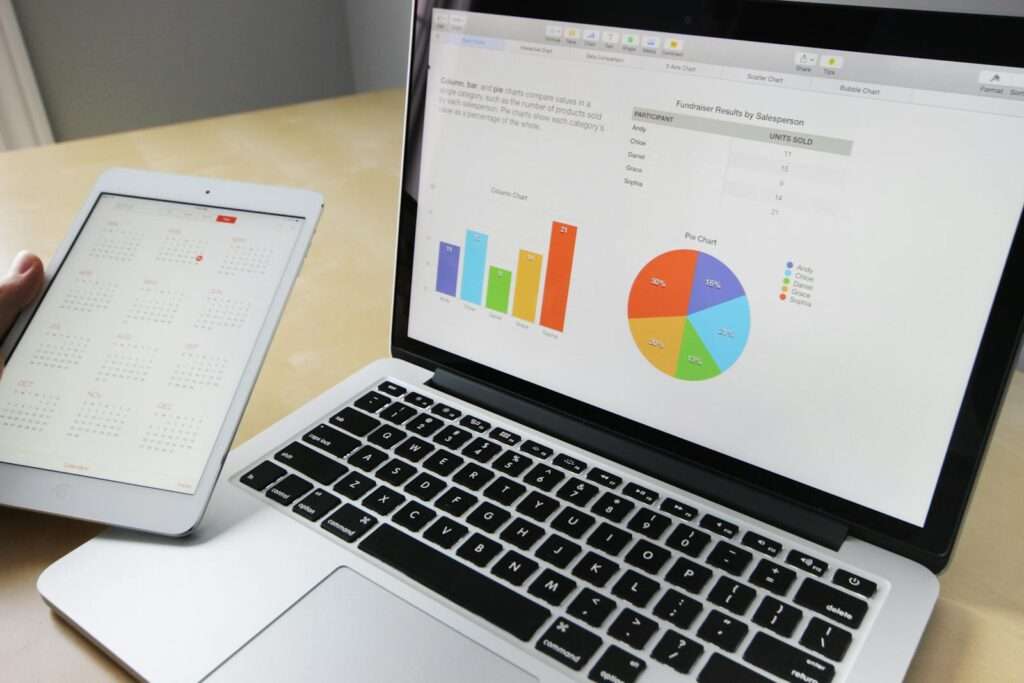Starting a business is a dream for many, but one of the first and most significant decisions an entrepreneur faces is choosing the type of business setup: online or brick-and-mortar. Both models have their unique strengths and challenges. In this blog, we’ll explore the pros and cons of each to help you make an informed decision.

Online Businesses: Revolutionizing Commerce in the Digital Age
The rise of the internet has revolutionized how businesses operate, allowing entrepreneurs to reach customers across the globe. Online businesses are growing rapidly, with e-commerce sales projected to surpass $6 trillion globally by 2024.
Pros of Starting an Online Business
- Lower Startup Costs
- Setting up an online business typically requires less capital than a physical storefront. There’s no need to invest in real estate, utilities, or in-store inventory. Instead, you can start with just a website or marketplace account and minimal initial investment.
- Global Reach
- Online businesses are not bound by geography. A small boutique in a rural town can sell to customers in New York, London, or Tokyo. The internet breaks down barriers and allows you to reach a vast, diverse audience.
- Flexibility
- Running an online business offers unparalleled flexibility. You can work from anywhere, be it your home, a café, or while traveling. This is especially appealing for those seeking a better work-life balance.
- 24/7 Availability
- Unlike brick-and-mortar stores with set hours, online businesses operate around the clock. This means customers can shop at their convenience, increasing sales potential.
- Scalability
- Expanding an online business is often easier and more cost-effective than scaling a physical store. Adding products, targeting new markets, or increasing marketing efforts can be done with a few strategic clicks.
- Data-Driven Insights
- Online platforms provide valuable data about customer behavior, preferences, and purchasing patterns. These insights can help refine your strategies and improve customer experience.

Cons of Starting an Online Business
- High Competition
- The low barrier to entry means there’s significant competition. Standing out in a crowded online market requires effective branding, marketing, and often substantial advertising spend.
- Technical Challenges
- Managing an online business requires a basic understanding of technology. Issues like website crashes, payment gateway errors, or cybersecurity threats can be daunting for non-tech-savvy entrepreneurs.
- Dependence on Digital Marketing
- Online businesses rely heavily on digital marketing strategies like SEO, social media advertising, and email campaigns. These require expertise and a budget to execute effectively.
- Trust and Credibility Issues
- Many customers are hesitant to trust online-only businesses, particularly new ones. Building credibility takes time, customer reviews, and transparent policies.
- Shipping and Logistics
- Delivering products promptly and cost-effectively can be challenging, especially for businesses targeting international customers. Delays, damaged goods, or lost shipments can harm your reputation.
- Limited Customer Interaction
- Unlike a physical store, online businesses miss out on face-to-face interactions, which can help build strong customer relationships.
Brick-and-Mortar Businesses: The Traditional Choice
Brick-and-mortar businesses have been the backbone of commerce for centuries. Even in an increasingly digital world, physical stores continue to thrive, especially in industries like dining, beauty, and personal services.
Pros of Starting a Brick-and-Mortar Business
- Tangible Presence
- A physical store provides a real-world presence that builds trust and credibility. Customers can see, touch, and try products before purchasing, which enhances the shopping experience.
- Immediate Customer Interaction
- Face-to-face interactions allow for personalized service and instant feedback. This fosters stronger relationships and brand loyalty.
- Local Community Engagement
- Brick-and-mortar stores often become integral parts of their communities. Engaging with local customers through events, sponsorships, or partnerships can create a loyal customer base.
- Impulse Purchases
- Physical stores capitalize on impulse buying. A customer walking by a store might be drawn in by an attractive display or promotional sign.
- Controlled Environment
- You have full control over the in-store experience, from ambiance to customer service. This allows you to craft a brand image that resonates with your target audience.
- Reduced Reliance on Technology
- While technology plays a role in operations, brick-and-mortar businesses are less reliant on digital platforms and less vulnerable to issues like website downtime or hacking.

Cons of Starting a Brick-and-Mortar Business
- High Startup and Operational Costs
- Renting or purchasing a storefront, furnishing it, and maintaining utilities can be expensive. Add in employee salaries and inventory, and the costs can quickly escalate.
- Limited Reach
- Physical stores are bound by geography. Your customer base is limited to those within traveling distance, which can restrict growth potential.
- Fixed Hours
- Unlike online businesses, brick-and-mortar stores have set operating hours, limiting when customers can shop and potentially reducing sales.
- Economic Vulnerability
- Economic downturns, pandemics, or natural disasters can severely impact foot traffic and sales. The COVID-19 pandemic highlighted the vulnerability of physical stores.
- Inventory Management
- Storing and displaying inventory in a physical space requires careful planning. Overstocking or understocking can lead to losses or missed sales opportunities.
- Marketing Challenges
- Attracting customers to a physical location often requires traditional marketing methods like flyers, local ads, or billboards, which can be costly and less targeted.
Key Factors to Consider When Choosing
When deciding between an online or brick-and-mortar business, consider the following factors:
- Nature of Your Product or Service
- Physical goods that benefit from hands-on inspection, like clothing or furniture, may perform better in a store. Digital products or services, like e-books or online coaching, are better suited for the online model.
- Target Audience
- Are your customers tech-savvy millennials or older adults who prefer in-person interactions? Understanding your audience is crucial.
- Budget
- Assess your financial resources. If funds are tight, starting online might be a safer bet.
- Growth Goals
- If you aim to scale quickly and globally, an online business offers more opportunities. However, if your focus is on building a local, loyal customer base, a brick-and-mortar store might be more effective.
- Competitor Analysis
- Study your competitors. Are they thriving online, or do they dominate the local market? This can provide insights into what might work best for your business.

The Best of Both Worlds: The Hybrid Model
Why choose one when you can have both? Many successful businesses adopt a hybrid model, combining the strengths of online and brick-and-mortar operations. For example:
- Retail Stores with E-Commerce: A local boutique with a website allows customers to shop in-store or online.
- Online Brands with Pop-Up Shops: Online businesses can use temporary pop-ups to build brand presence and engage with customers directly.
- Click-and-Collect Services: Customers order online and pick up in-store, blending convenience with a personal touch.
The hybrid model not only diversifies revenue streams but also provides flexibility to adapt to market changes.
Conclusion
Starting a business—whether online or brick-and-mortar—is a significant decision with far-reaching implications. Each model offers unique advantages and challenges, and the right choice depends on your goals, resources, and target audience.
Online businesses offer unparalleled reach, flexibility, and scalability, making them ideal for cost-conscious entrepreneurs looking for global opportunities. On the other hand, brick-and-mortar stores excel at building trust, fostering community connections, and delivering personalized experiences.
Ultimately, the decision doesn’t have to be binary. A hybrid approach might be the perfect way to leverage the best of both worlds, setting your business up for long-term success.
Does this fit your vision? Let me know if you’d like any adjustments or additions!



